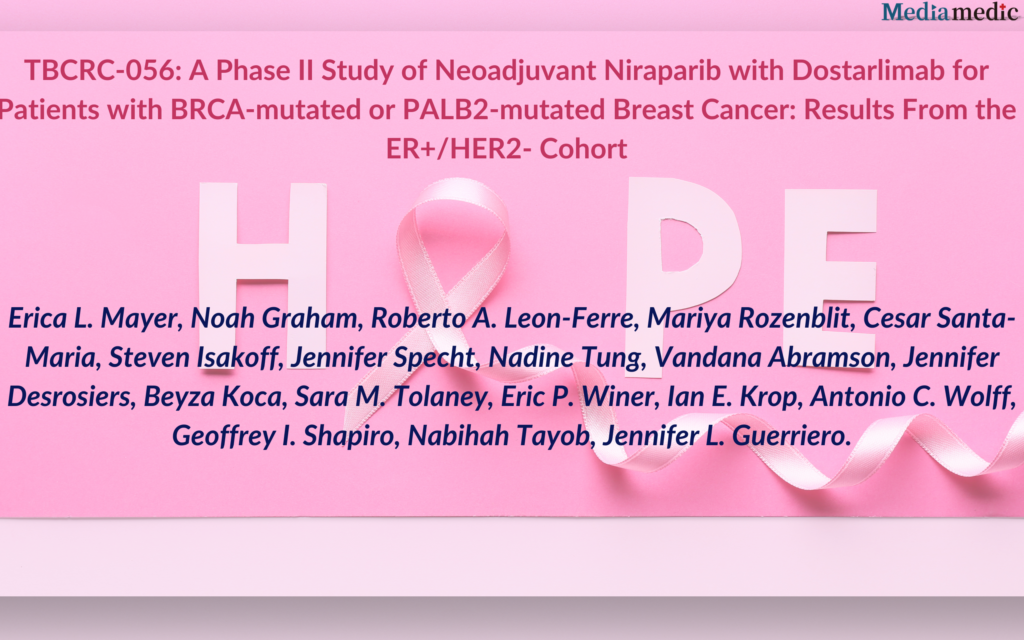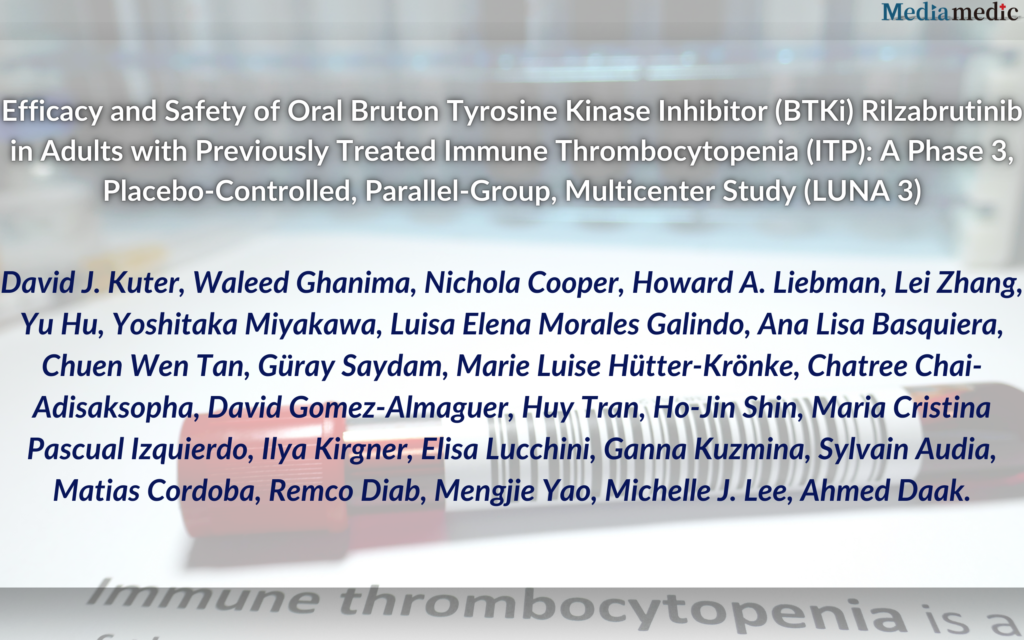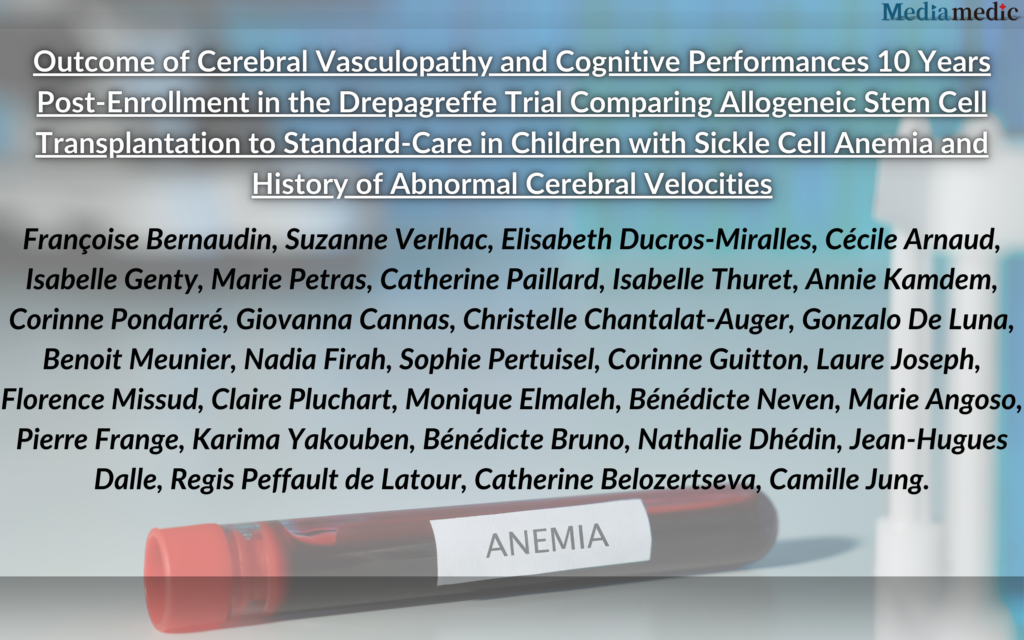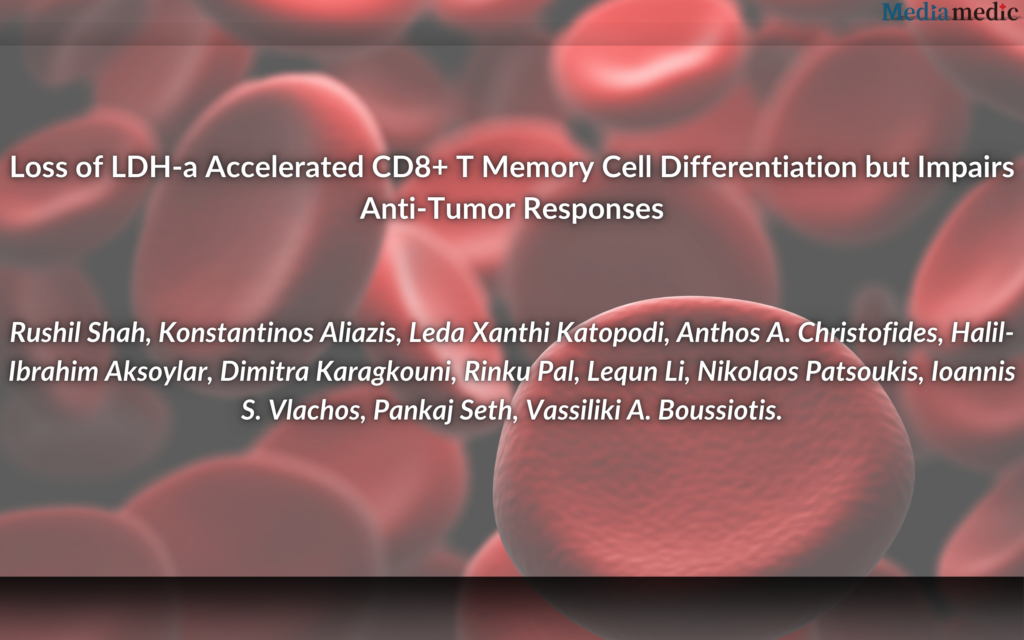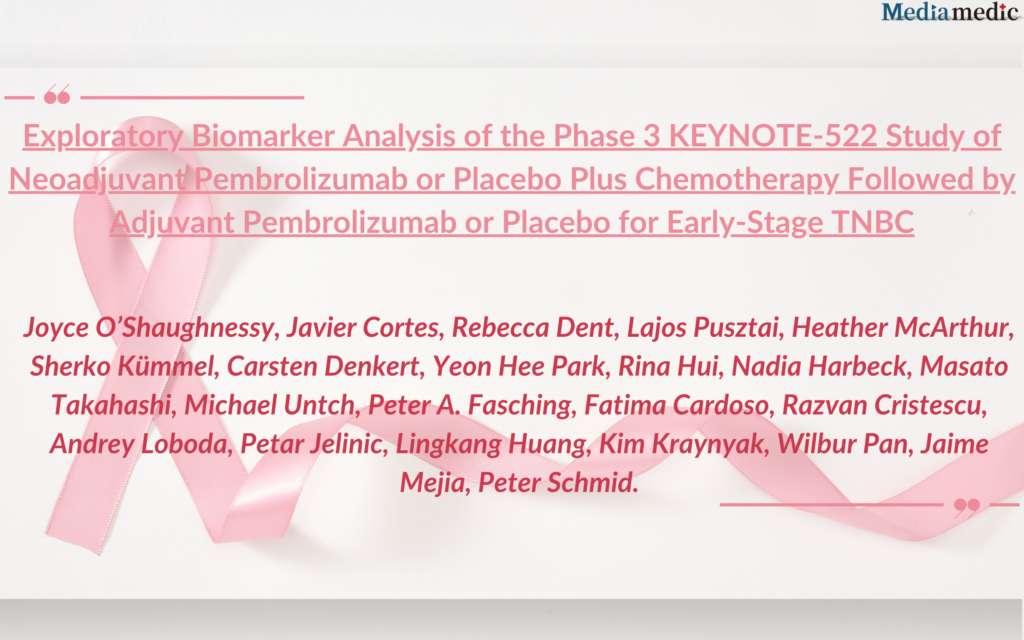In-Depth Analysis丨Dr. Qiang Zhang & Dr. Li Wang: Neoadjuvant Immunotherapy Choices for Triple-Negative Breast Cancer
For neoadjuvant immunotherapy in triple-negative breast cancer (TNBC), do you prefer the "TP-AC" or "TP" regimen? At the 2024 Breast Cancer Summer Forum · Northern Salon's "Raising Questions and Seeking Answers" session, Dr. Qiang Zhang from Liaoning Cancer Hospital and Dr. Li Wang from Xingtai People's Hospital presented their viewpoints. Dr. Qiang Zhang favors the TP-AC regimen, while Dr. Li Wang opts for the TP regimen. After the session, Oncology Frontier invited both experts to elaborate on their perspectives.



